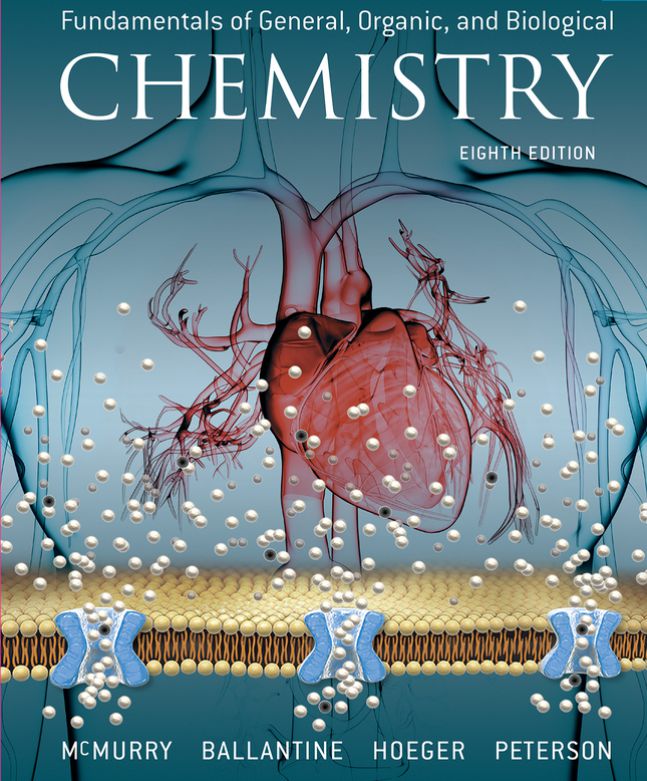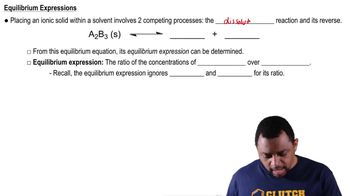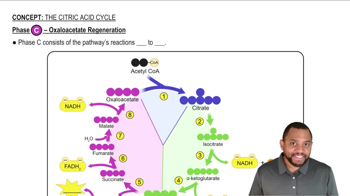Textbook Question
What happens when a weak base such as NH3 is dissolved in water?
1641
views

 Verified step by step guidance
Verified step by step guidance



What happens when a weak base such as NH3 is dissolved in water?
What is the difference between a monoprotic acid and a diprotic acid? Give an example of each.
What is the difference between H+ and H3O+?
Rearrange the equation you wrote in Problem 10.50 to solve for [H3O+] in terms of Ka.
The pH of a buffer solution containing 0.10 M acetic acid and 0.10 M sodium acetate is 4.74.
a. Write the Henderson–Hasselbalch equation for this buffer.
How does normality compare to molarity for monoprotic and polyprotic acids?